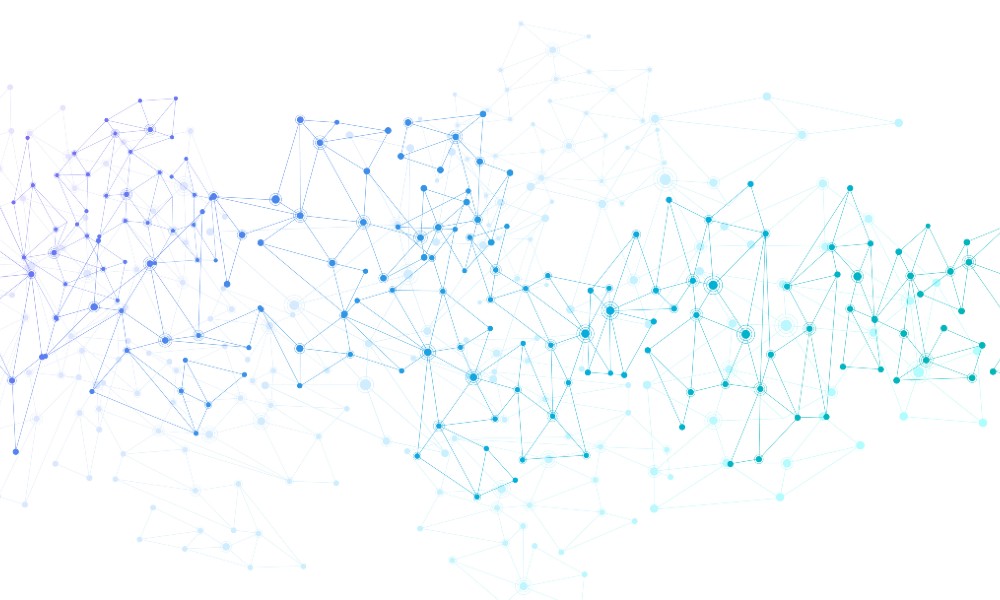
Not to sound cliché, but the IoT takes a village. Much like raising a child, it requires planning, nurturing and the efforts of many to bring the IoT to life. As Kajeet’s Director of Strategy Dominic Marcellino explained in a recent interview with IoT evolution, “There are so many parts to engage in that collaboration becomes necessary.”
Marcellino continued to explain that projects succeed and fail based on this collaboration, “People like to wave their hands at the in-between… but if you don’t think about things like cleaning or data security, the project will fall flat.”
Kajeet is a provider of necessary IoT components, ferrying data securely and effectively to meet industry specific data-driven needs. Applications include remote monitoring or asset tracking, for example. Marcellino noted, “The data only gets to the AI engine with secure connectivity, that’s why we’re here.”
Kajeet’s founders created the company to provide cellphones for kids. These locked-down phones would enable call, text and internet access in a way that protects children from inappropriate content. Over the years, the company moved toward offering hotspots and embedded connectivity solutions. From the school bus WiFi and home hotspots, to laptops and a growing number of devices, Kajeet took the natural next step in supporting secured connectivity: healthcare.
The shift falls into Kajeet’s sweet spot of handling data, Marcellino noted: “We do all the logistics, and the connection goes immediately to carriers and private IP space.”
“This is really important in healthcare,” Marcellino continued, offering the example of electric vehicle charging, where the cost is clear. “If the network is not secure I can hack your car. There are all types of things that need to be taken into account.”
HIPAA and data privacy is a touchstone of the Kajeet solution. Kajeet lays the foundation for secure device connectivity. “We don’t store data, you can’t find devices anyway because it’s in the private IP space,” eMarcellino explained.
With experience in the healthcare space - Marcellino stated, “We took a look at all the customers we had - what they were doing and what we were providing,” exploring means to replicate in a viable way for other industries. “We ended up with an amazing diversity of use cases,” Marcelino shared, the results of which included tablets and smartphones in taxis for delivery services, condition monitoring in chicken hatching, telehealth, electronic verification, et al.
Simply put, “Kajeet is providing a data and device management platform. Partners can leverage us for connectivity and manage all devices in one place. We were not doing procurement and provisioning, for our core customers we were doing so much more. We were offering some managed services and got engaged in the physical deployment.”
On the hardware side, reseller relationships with distribution houses are in place. “We have logistics, you work with us on configuration, we activate it and get it up and running.” Where there are special needs, Kajeet offers tailored professional services with included additional support addressing more than connectivity, driving performance and managing configuration. These services prove critical in telehealth. Sending laptops, tablets, or other devices is one thing, but when one gets involved in patient monitoring, Marcellino illustrated that “It’s only about the data and application, so everything else they just want to work.”
“We mapped capabilities against needs and in remote patient monitoring and temperature monitoring, access controls or even location position monitoring,” creating a unified end user experience “allows us to have one solution that appears as many to customers.”
Customers don’t have to work about the heavy lifting of data, as Kajeet delivers digestible dashboards and analytics workflows to optimize results over time through its administrator platform, Kajeet Sentinel®. As Marcellino noted, “They may never use our dashboards, but we want to make sure to offer access to the data.”
Maybe the user only thinks about the physical devices. “Everything in-between is magic,” Marcellino joked. This mystical realm of connectivity is not necessarily so mysterious, and actually is quite predictable when working with Kajeet. “We see ourselves as providing the core pieces to focus to improve business functions.”
For a healthcare provider, “That connectivity for certain applications is a life/death related element…You shouldn’t think liability, think reliability,” Marcellino exclaimed. These firms need security and continuity, and as certain carriers may prove difficult to contact when issues arise, it’s critical to have a partner with the expertise to step in, troubleshoot and assist in any way possible. As Marcellino put it, “We know enough about it now to fix a lot of problems. We are experts in that regard.”
COVID exposed the digital divide. From rural areas to certain socio-economic regions and the elderly, Kajeet jumped in to assist in providing telehealth services to areas lacking connectivity with its “Connections for Good” program. Supporting people, processes and the technology underpinning public interest is something service providers should be doing more of – Bravo Kajeet.
Marcellino mentioned a recent university hospital deployment during the pandemic. The hospital was trying to run a remote clinical trial, and needed assistance in figuring out how to get the necessary devices under budget, ensuring the right data is accessible and how to get the project up and running on time. He referred to the venture as a “fun scramble,” noting the requirement of 5,000 devices at a time when none were available. “We did it in a very short timeline, in the budgeted calendar year, and we’ve already moved beyond the trial.”
Kajeet is currently working with a rural city to enable household connectivity, as the MNO delivers more than just Internet. From startups to school buses, it’s time to connect.
Edited by
Maurice Nagle





